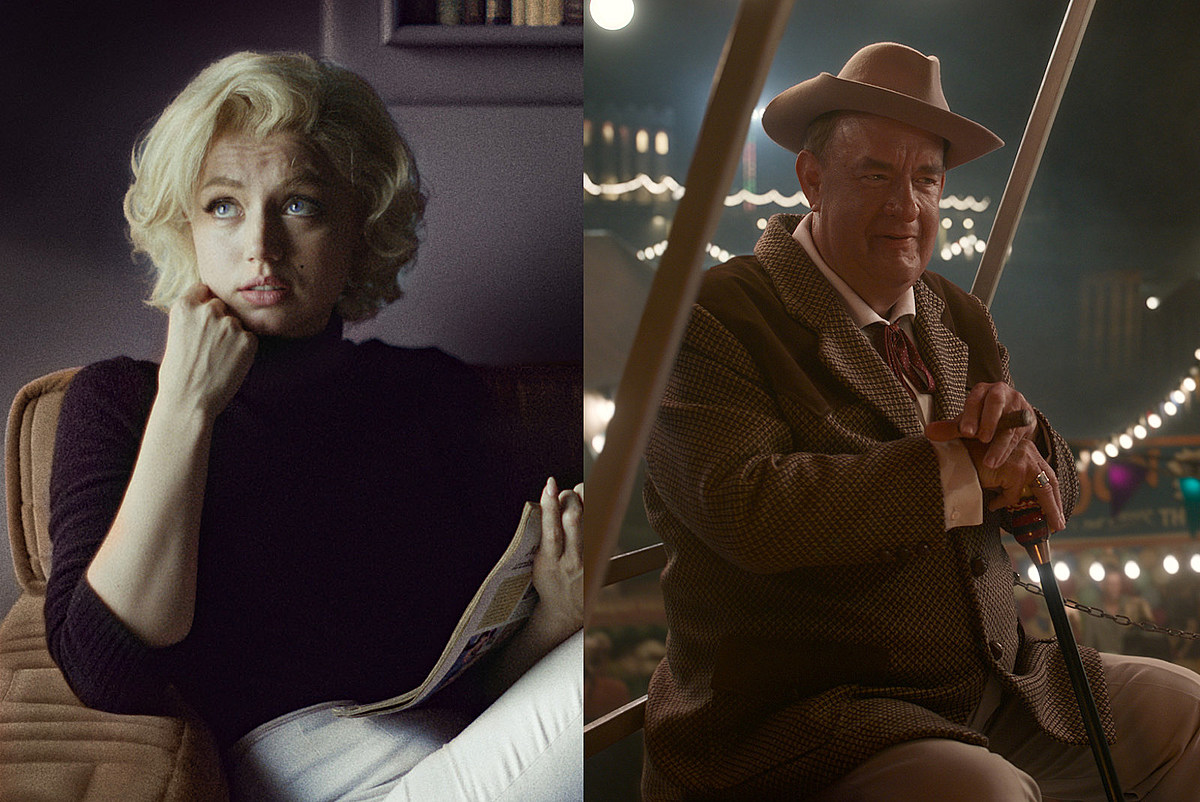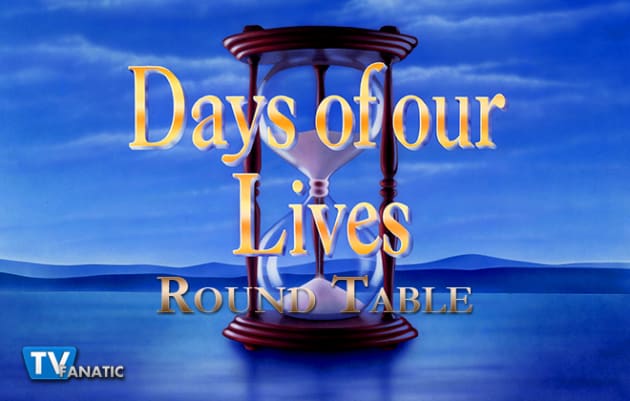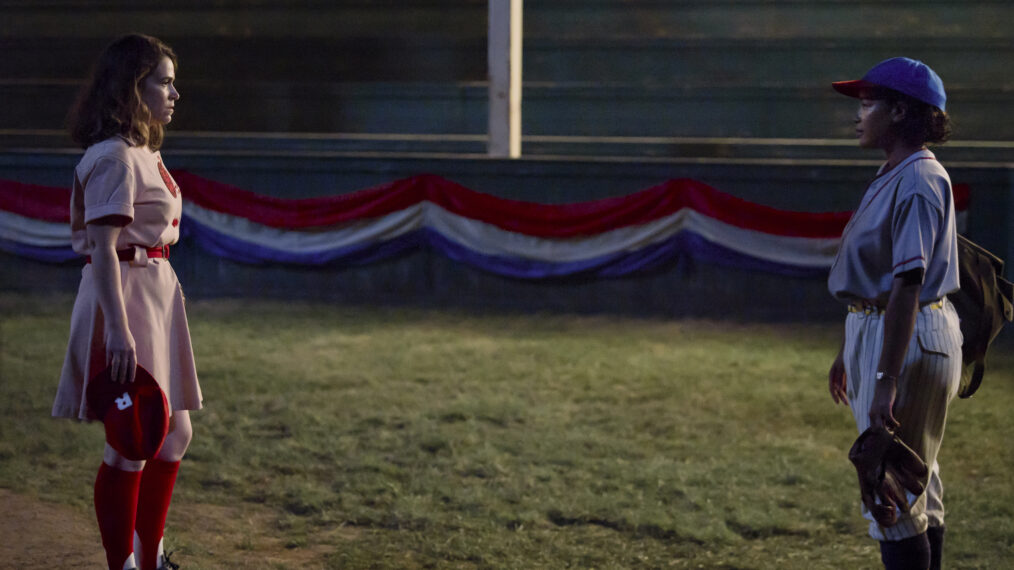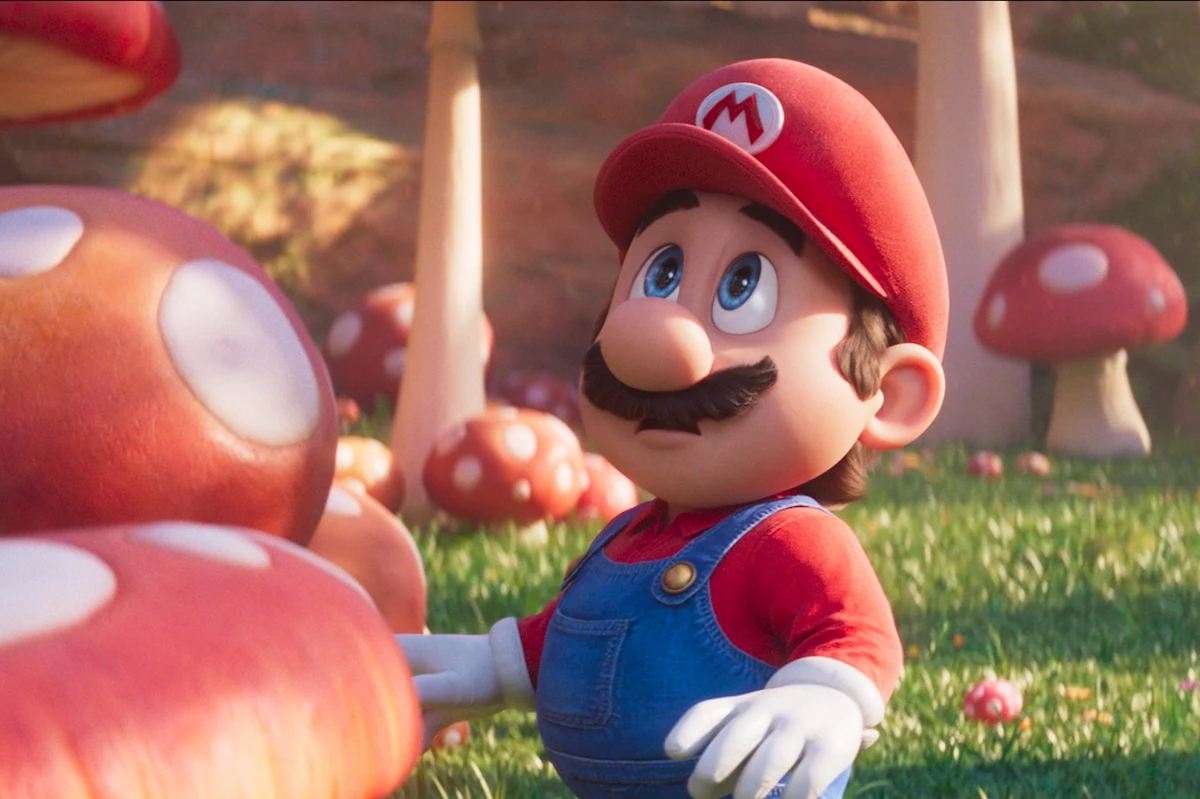The Pitch: William Henry Devereaux Jr. (Bob Odenkirk) — our titular Hank — is the chair of the English department at Railton College, a small and less-than-reputable academic institution prone to nurturing mediocrity. At least, that’s what Hank tells his students during a creative writing class one day, after being provoked by a student who refuses to acknowledge criticism of his technically poor writing.
Hank’s rant becomes campus-wide news fast, but it’s just one of many things on Hank’s mind: While he and his wife Lily (Mireille Enos) have a deep and loving relationship, his adult daughter Julie (Olivia Scott Welch) hasn’t quite gotten the hang yet of growing up. And there’s also the news that Hank’s father, a legendary writer and critic in whose shadow Hank has always struggled to find his own light, is retiring — and wants to speak to his son, though their estrangement is pretty intense. It all adds up to a dissatisfaction with his life that could boil up into crisis, especially as his fellow English professors consider removing Hank from his position as chair…
Higher Learning: Academia, especially for those studying the liberal arts, on the surface often seems like a peaceful place, an opportunity for students to grown and learn, for professors to nurture their nascent reasoning instincts as part of an ongoing exchange of ideas. Yet, when discussing Lucky Hank, the first thing we must do is refer back to Sayre’s Law, a concept credited to political scientist and Columbia University professor Wallace S. Sayre which boils down to “The politics of the university are so intense because the stakes are so low.”
While centered on academia, it’s a concept that applies to any small community or subgroup, especially when hierarchies and competition are a factor — outsiders might look at the internal conflicts which emerge within a friend group or collection of co-workers or hobby club and wonder how things got so heated… But when you’re inside it, it’s hard not to see perceived slights as grievous wounds, and the battles as life-or-death.
That lack of perspective offers up some rich comedic potential, though translating that potential to the screen is tricky. There haven’t been a lot of films or TV shows made that truly dig into the world of academia from the professor’s perspective, with some of the most prominent examples being Good Will Hunting and Netflix’s The Chair, and the reason for that is a typical professor’s life does, in fact, lack the drama of a much grander story.
That’s the hurdle faced by Lucky Hank, based on the novel Straight Man by Richard Russo (a Pulitzer Prize winner for his book Empire Falls) — its translation to the screen feels very much like a novel written by a Pulitzer Prize-winning author, full of nuance and intriguing characters and great wit… and stakes as thin as newsprint.

Lucky Hank (AMC)















































































